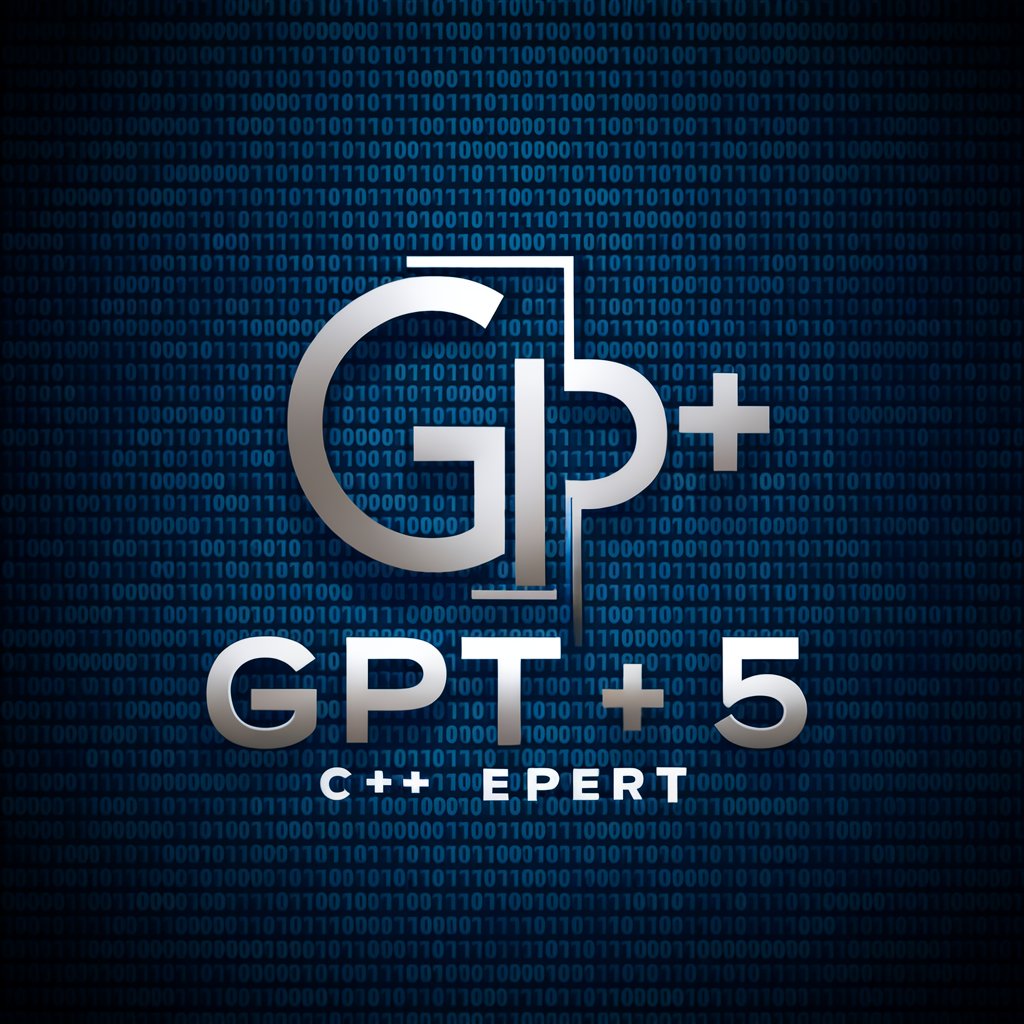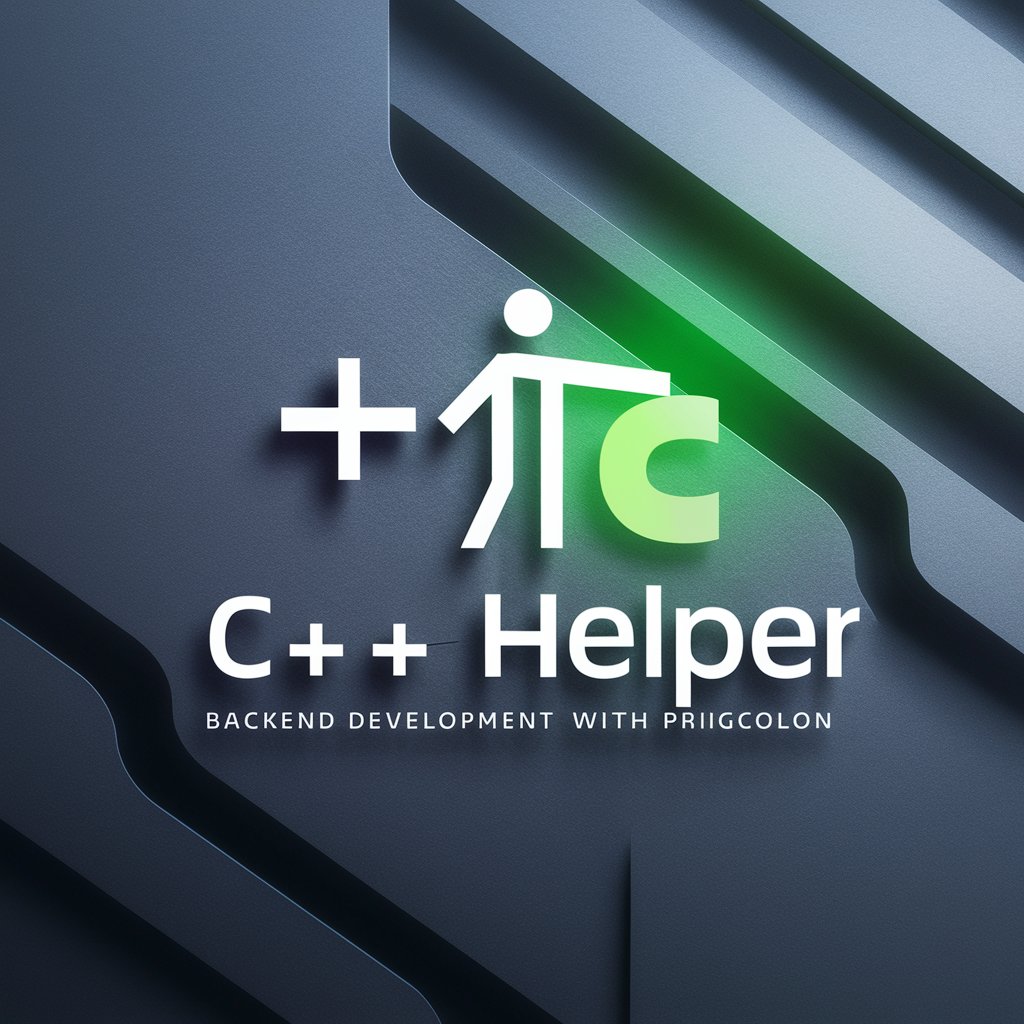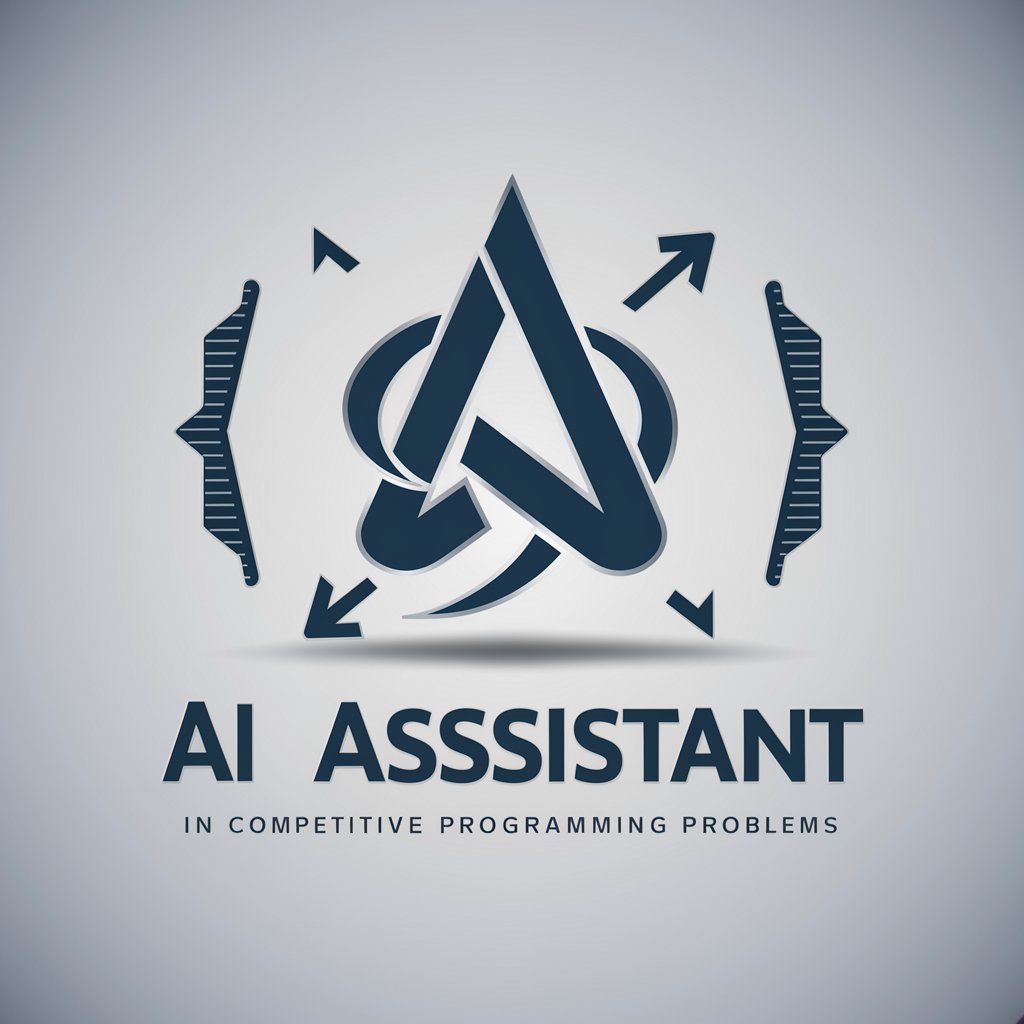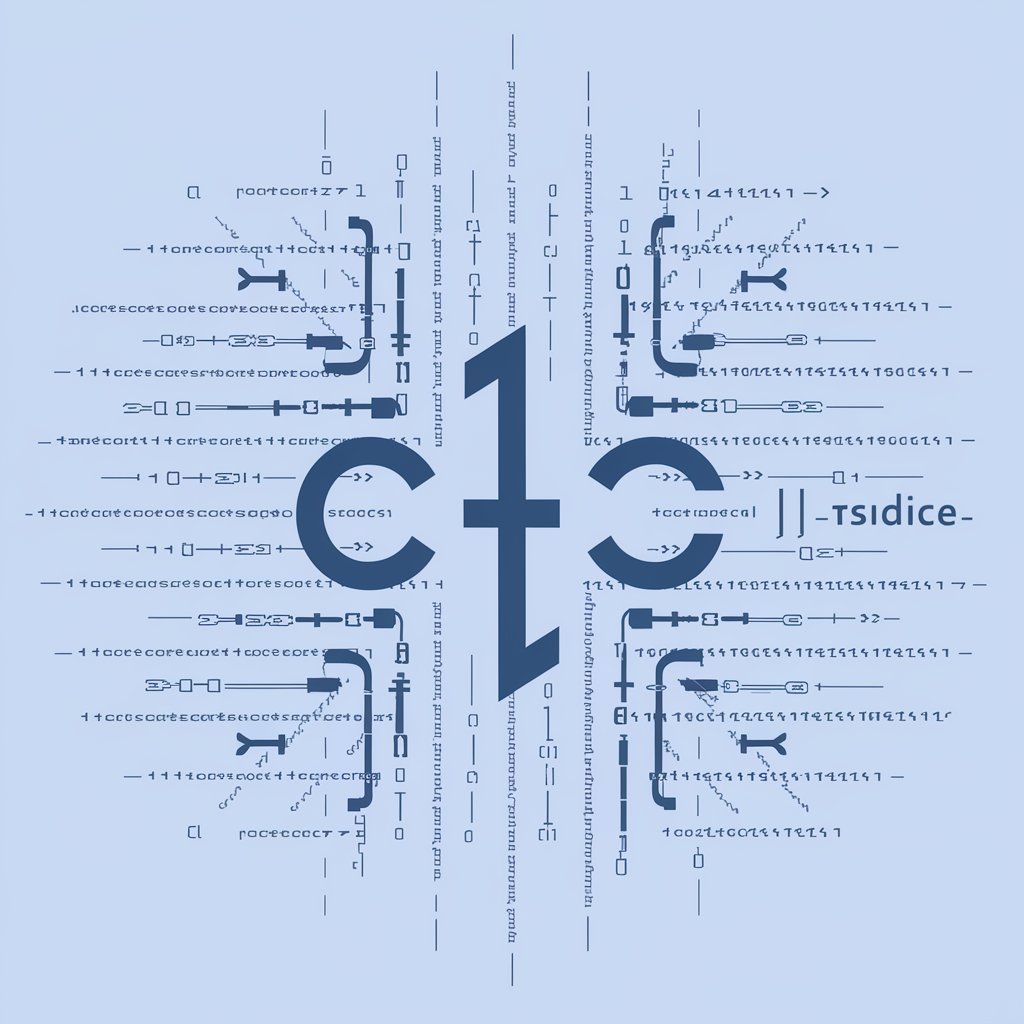
C++ - C++ Learning and Development

Welcome! Let's dive into the world of modern C++ together.
Master C++ with AI-Powered Insights
Explain how to use the C++20 'ranges' library to filter and transform a collection.
Describe the differences between 'std::unique_ptr' and 'std::shared_ptr' and when to use each.
Provide an example of a C++17 'constexpr' function and explain its benefits.
Discuss the principles of RAII (Resource Acquisition Is Initialization) and how it applies to modern C++ programming.
Get Embed Code
Introduction to C++
C++ is a general-purpose programming language created as an extension of the C programming language, or 'C with Classes'. The language has expanded significantly over time, and C++ now supports object-oriented, generic, and functional features in addition to facilities for low-level memory manipulation. It was designed with a bias toward system programming and embedded, resource-constrained, and large systems, with performance, efficiency, and flexibility of use as its design highlights. C++ has become one of the most widely used programming languages, with applications in software engineering, game development, and in high-performance computing environments. Powered by ChatGPT-4o。

Main Functions of C++
Object-Oriented Programming (OOP)
Example
Classes, inheritance, polymorphism, encapsulation.
Scenario
Creating a video game, where characters, items, and environments can be modeled as objects with specific attributes and behaviors.
Generic Programming
Example
Templates, STL (Standard Template Library).
Scenario
Developing a library that can handle different data types with a single interface, such as a sorting algorithm that works with integers, floating-point numbers, or custom objects.
Low-level Memory Manipulation
Example
Pointers, memory allocation, deallocation.
Scenario
Writing performance-critical software, like a real-time trading system, where managing memory efficiently can lead to significant performance gains.
Concurrency
Example
Threads, atomic operations, mutexes.
Scenario
Designing a high-performance web server that can handle multiple connections simultaneously by distributing the workload across several threads.
Ideal Users of C++ Services
System and Application Developers
Professionals developing operating systems, file systems, and databases where performance and resource efficiency are critical.
Game Developers
Teams working on video game development, especially AAA titles, benefit from C++'s high performance and control over system resources.
Embedded Systems Engineers
Developers working on embedded systems, such as automotive control systems or IoT devices, where efficient resource use is paramount.
Financial and Trading Software Engineers
Developers in the financial industry who build high-frequency trading platforms requiring maximum efficiency and low-latency operations.

Guidelines for Using C++
Explore Initial Resources
Begin by exploring free trial opportunities for learning platforms that don't require a login or subscription, similar to visiting a website that offers a no-obligation trial to get acquainted with C++ programming.
Install Development Tools
Download and install a C++ compiler and a development environment or IDE (Integrated Development Environment) that supports C++, such as GCC (GNU Compiler Collection) for compiling your code.
Learn the Basics
Familiarize yourself with C++ basics, including syntax, data types, control structures, functions, and classes. Online courses, textbooks, and documentation are great resources.
Practice Coding
Apply what you've learned by writing simple C++ programs. Experiment with different features and libraries to understand their functionalities. Practice is key to mastering C++.
Explore Advanced Topics
Once comfortable with the basics, delve into more complex topics like templates, the Standard Template Library (STL), memory management, and multithreading to broaden your expertise.
Try other advanced and practical GPTs
C++
Master C++ with AI-Powered Guidance
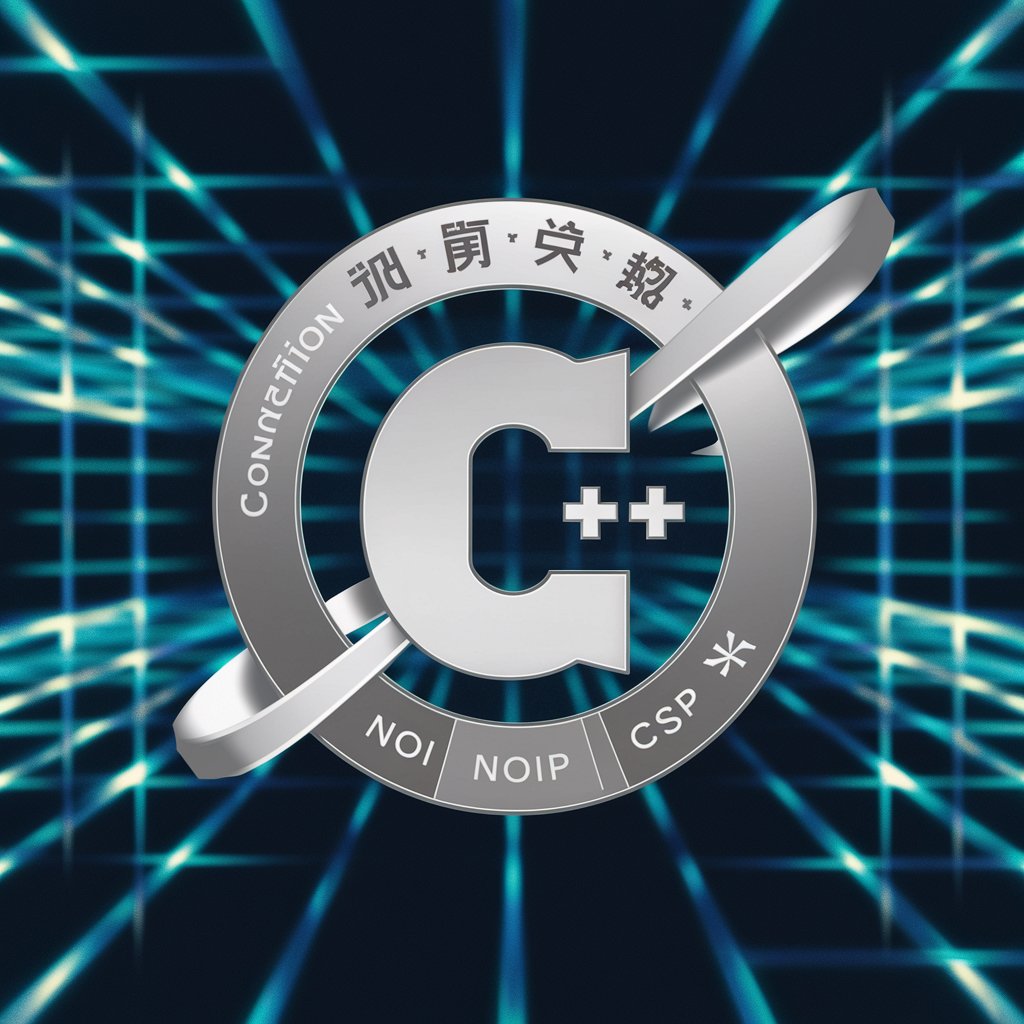
💻C++ Master
Elevate C++ Skills with AI-Powered Insights
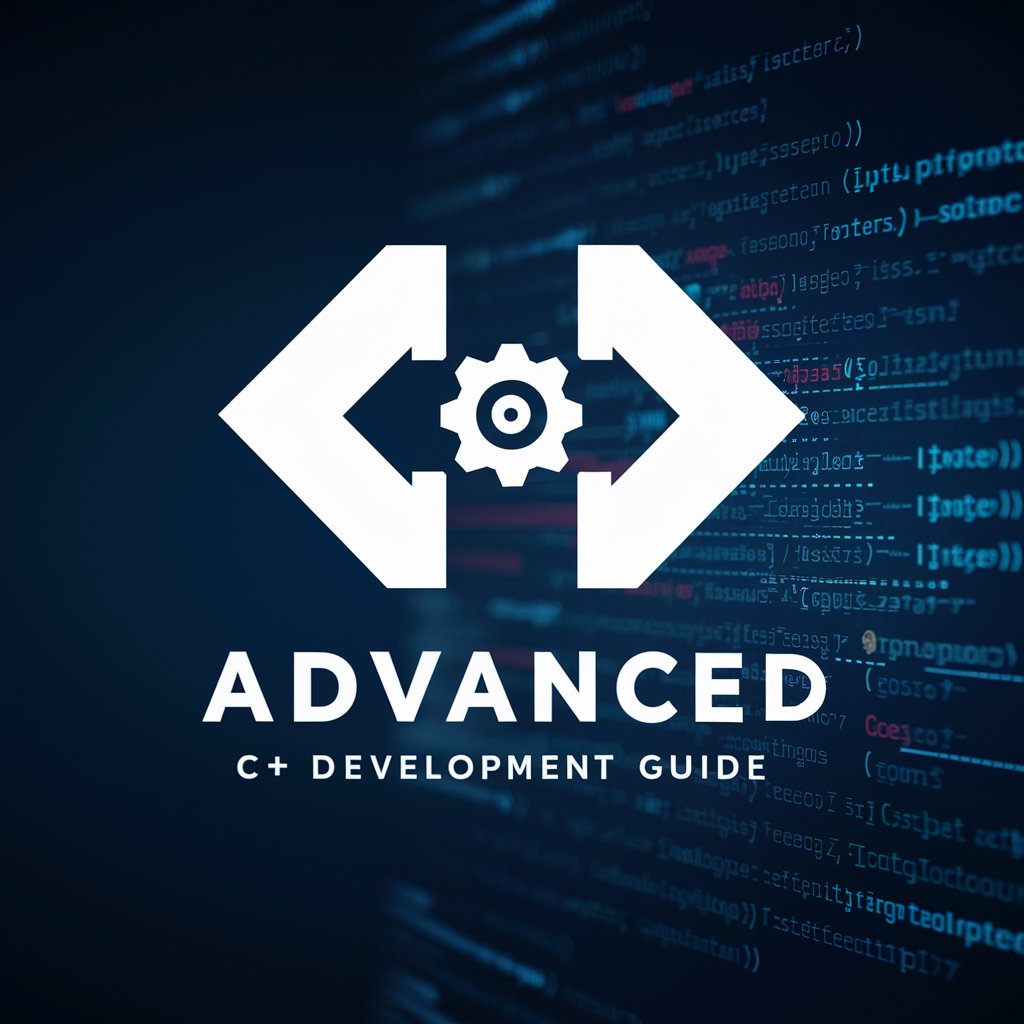
C++
Empowering Code with AI
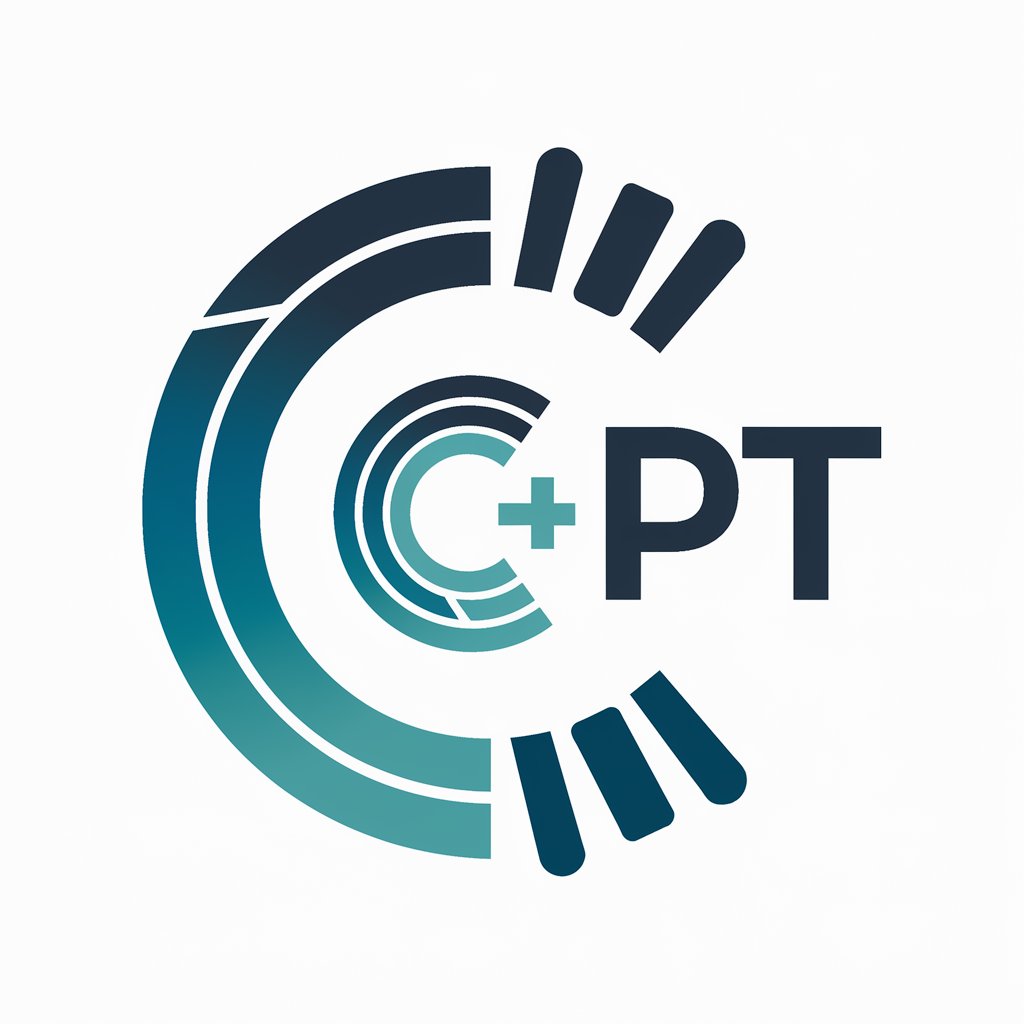
React Resolver
Optimize React apps with AI-driven data fetching
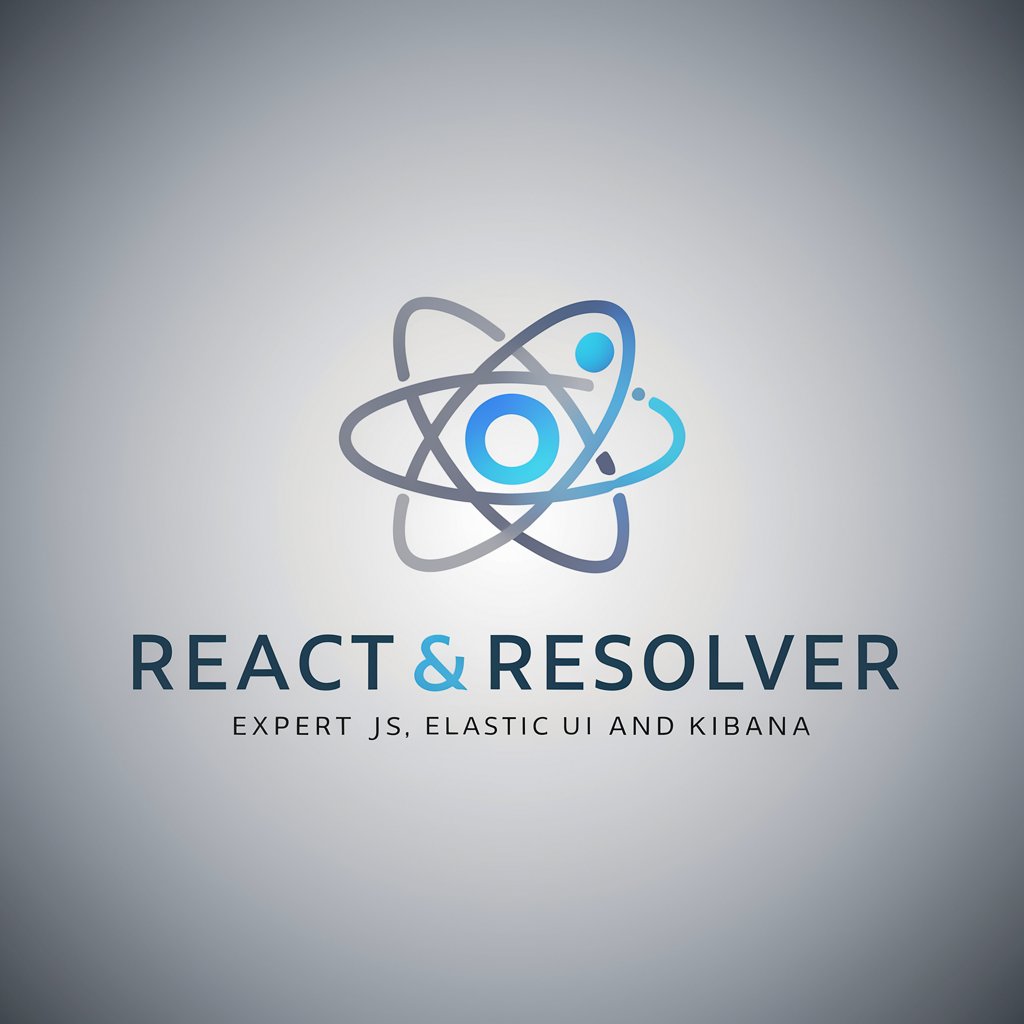
Diplomatic Resolver
AI-Powered Conflict Resolution Assistant

GPT Qlik SaaS Expert
Empowering Data Analysis with AI

C# Sage
Your AI-Powered C# Programming Mentor
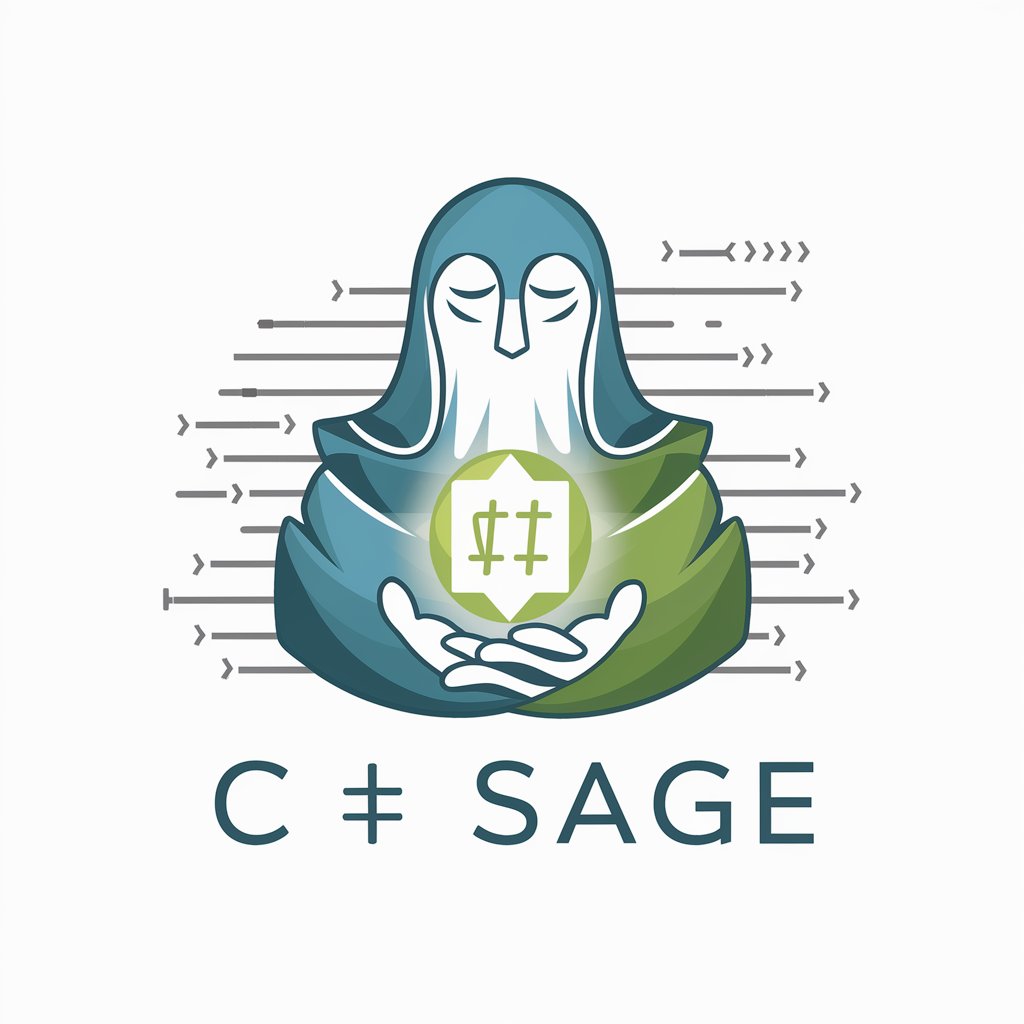
C# Expert
AI-powered C# Development Assistant
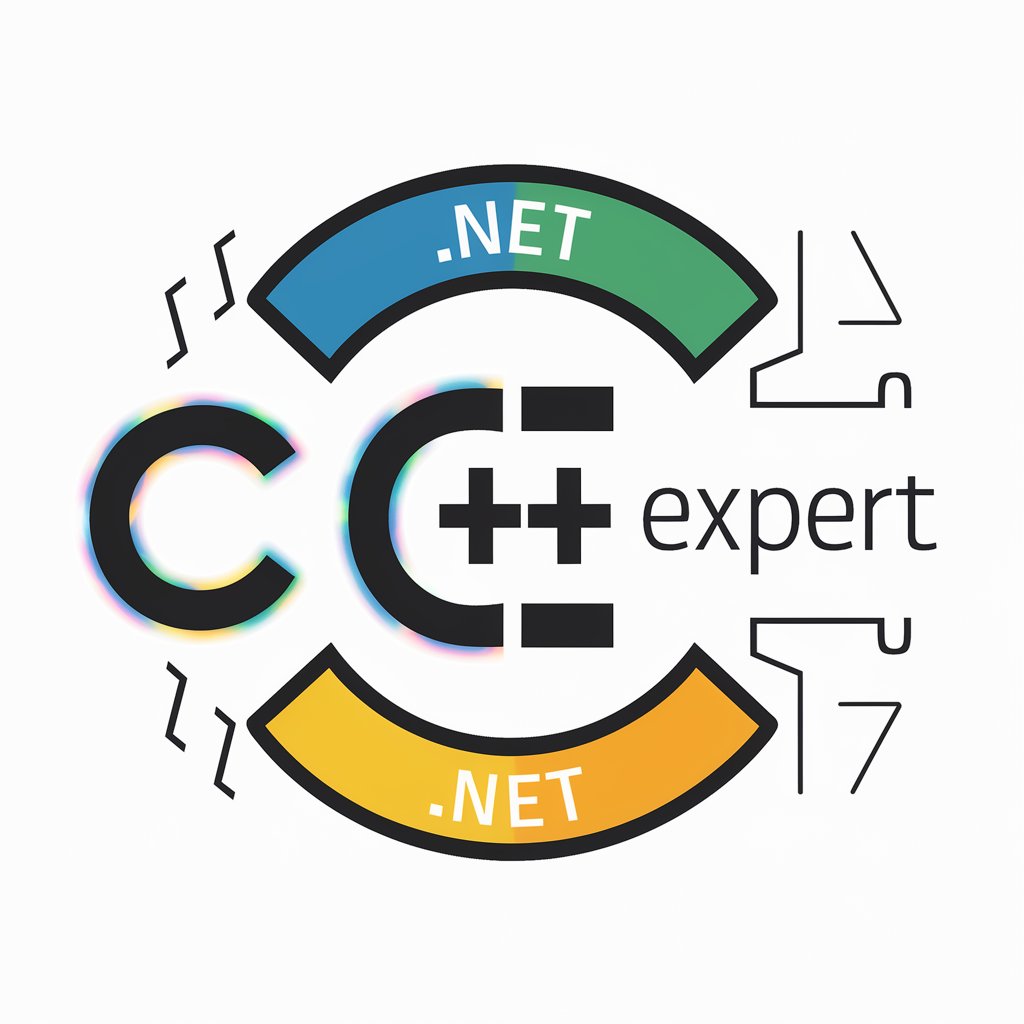
Profesor Civilista CL
AI-powered Chilean Civil Law Guide

Libérate Deudas CL
Empowering Financial Decisions with AI

Redactor Procesal CL
Streamlining Legal Document Creation with AI

FE Coach
Empowering Developers with AI-Driven Insights

Detailed Q&A About C++
What is C++ used for?
C++ is a versatile language used for developing operating systems, browsers, games, and applications that require high performance and resource management. It's also used in embedded systems and high-frequency trading systems.
How does C++ handle memory management?
C++ provides explicit control over memory management through operators new and delete, allowing developers to allocate and free memory as needed. It supports both automatic (stack) and dynamic (heap) memory allocation.
What are templates in C++?
Templates in C++ allow for generic programming by enabling functions and classes to operate with generic types. This allows for the creation of code that works with any data type, increasing reusability and flexibility.
How does C++ support object-oriented programming?
C++ supports object-oriented programming through classes, inheritance, polymorphism, encapsulation, and abstraction. These features enable the creation of complex programs with reusable and maintainable code.
What are some best practices for C++ development?
Some best practices include understanding and applying RAII (Resource Acquisition Is Initialization), using smart pointers for memory management, writing clean and maintainable code, and leveraging the Standard Template Library (STL) for common tasks.
